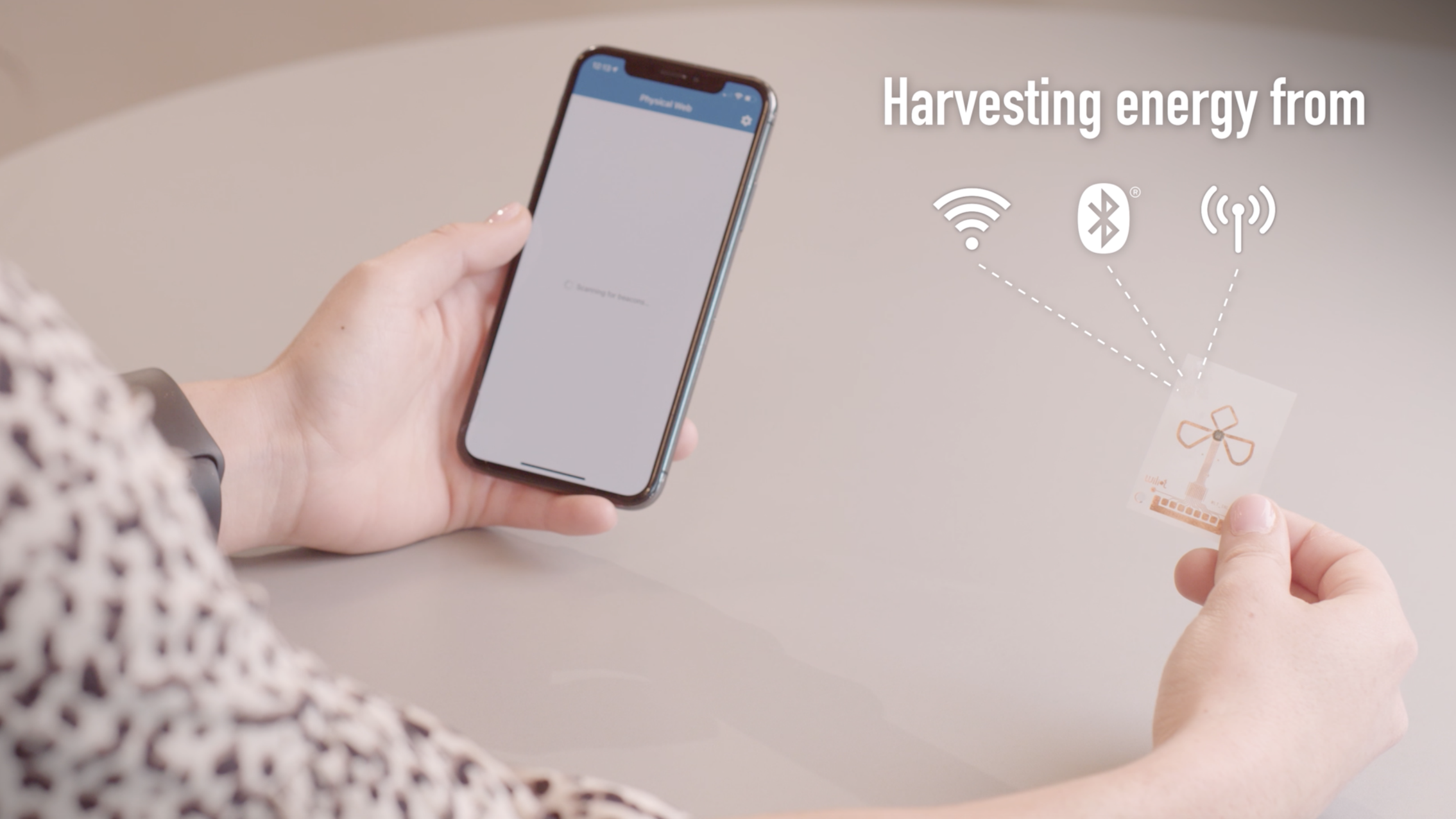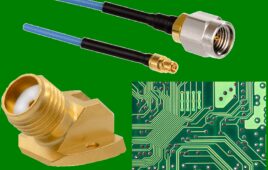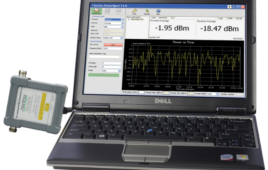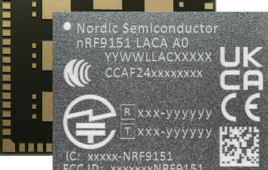Semiconductor developer Wiliot has created what they call the “first-ever sticker-sized Bluetooth sensor tag” that powers its ARM processor by harvesting energy from ambient radio frequencies.
The chip only needs an antenna printed on paper or plastic. Then it can figure out how close an item is by transmitting an encrypted serial number, and data, like weight and temperature.
“The tags use Wiliot’s breakthrough in nanowatt computing to communicate with any device enabled by Bluetooth Low Energy, such as smartphones, WiFi access points, and Internet of Things (IoT) devices that can connect to digital displays, WiFi, and LTE cellular networks,” according to Wiliot.
Additionally, its design plummets sale and maintenance costs, since the number of components required is far less than conventional Bluetooth.

(Image Source: Wiliot)
“We believe that disposable electronics based on battery-free, low-cost systems are the foundation for future IoT systems. We are on the edge of dramatically changing the way products are made, how they are distributed, where and when they are sold, and how they are used and recycled,” says Wiliot CEO and Co-Founder Tal Tamir.
“Recycling the radiation around us to power sticker-size sensors can enable new ways for consumers to interact with products that were previously not feasible. Products can share when they are picked up, their temperature, or when they need to be replenished. Without batteries or other high-cost components, tags have unlimited power and life span, so can be embedded inside of products that were previously unconnected to the Internet of Things,” continues Tamir.
The company lists a series of use cases including:
- Production Phase: By embedding into consumer goods at the production stage, it can provide real-time tracking throughout the manufacturing process.
- Retail Level: The consumer’s very own smartphone can turn tag and packaging information into an interactive, more readable experience.
- In the Home: People can gather valuable data about their purchases, such as product instructions and maintenance reminders. Plus, if containers house the Wiliot chip, they can make automatic re-orders if their stock runs empty.
- Lost and Found: Lost something? No problem, the sensor tag can track items they have been misplaced or stolen without applying a battery-constrained dongle.
- Clothes Care: As we all know, clothes come with certain washing instructions, and sometimes we accidently ruin our favorite items. Wiliot tags can “talk” to washing machines to make sure your whites stay white (and not pink).
If all goes as planned, the sensor tags will be part of a limited release in 2019, with wide availability coming in 2020, according to The Verge.




